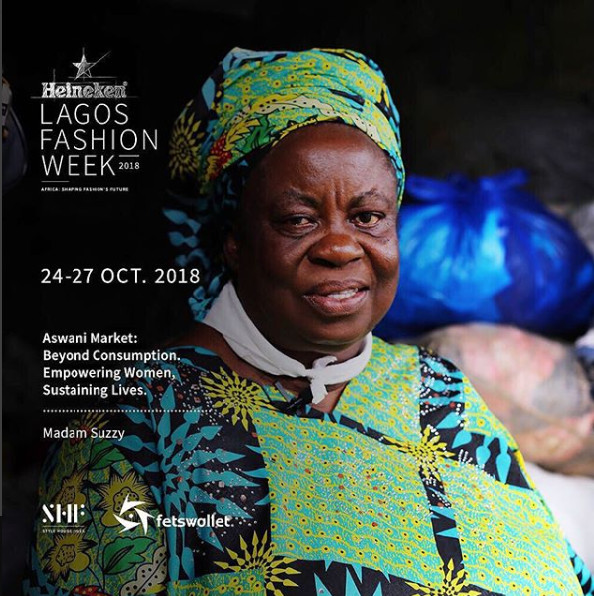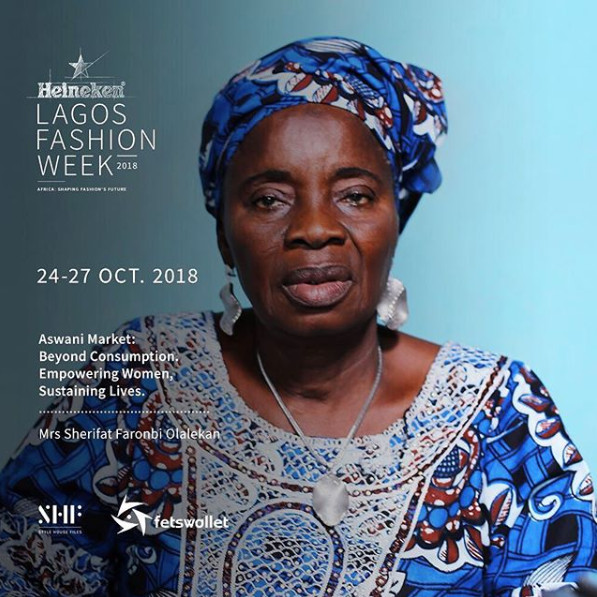The second-hand clothing sector is often criticized for being an impediment to the growth of Nigeria’s retail and garment production industry, however we can not ignore that it is a means of livelihood for hundreds of thousands of Nigerians and an affordable clothing choice for millions of Nigerians including the style aficionados who are obsessed with rare vintage finds.
In highlighting this sub-sector, Style House Files reflects on how making sustainable choices in sourcing for fashion design and production materials can further build Nigeria’s socio-economic and human capital. Designers like Maki Oh, Nkwo, Kenneth Ize, Tiffany Amber, Lisa Folawiyo, Emmy Kasbit, IamIsigo and Ré Lagos to name a few, work with communities that weave, spin, dye, embellish and as such, are at the forefront of intentionally empowering such communities in their sourcing process.
We applaud them for this and we hope this increased consciousness can further drive action towards sustainable processes in a way that can reverberate across the sector, generating economic impact by creating jobs and providing income.
In documenting the faces behind one of Lagos biggest second-hand markets, Style house files document women who literally make their ends meet from selling second-hand items, ranging from clothes, shoes, bags, jewellery and so much more.
One of the women, who goes by the name Mrs. Chioma Okoye has never missed a day because her family relies on the income gotten from the retail.
She makes approximately Seventy Thousand Naira on a good market day, that is way above the minimum wage in Nigeria at the moment and we see why Mrs. Chioma never misses a day.
 Madam Suzzy is the assistant Iya Oloja of Aswani market who retails different type of goods, she told Style House Files that revenue generated depends on the amount of stock the trader has.
Madam Suzzy is the assistant Iya Oloja of Aswani market who retails different type of goods, she told Style House Files that revenue generated depends on the amount of stock the trader has.
 Mrs. Sherifat Faronbi Olalekan, on the other hand, is the Iya Oloja of Aswani market who retails different type of goods, according to her, the market attracts traders from all over Nigeria, who come to shop and resell the items as a means of livelihood.
Mrs. Sherifat Faronbi Olalekan, on the other hand, is the Iya Oloja of Aswani market who retails different type of goods, according to her, the market attracts traders from all over Nigeria, who come to shop and resell the items as a means of livelihood.





